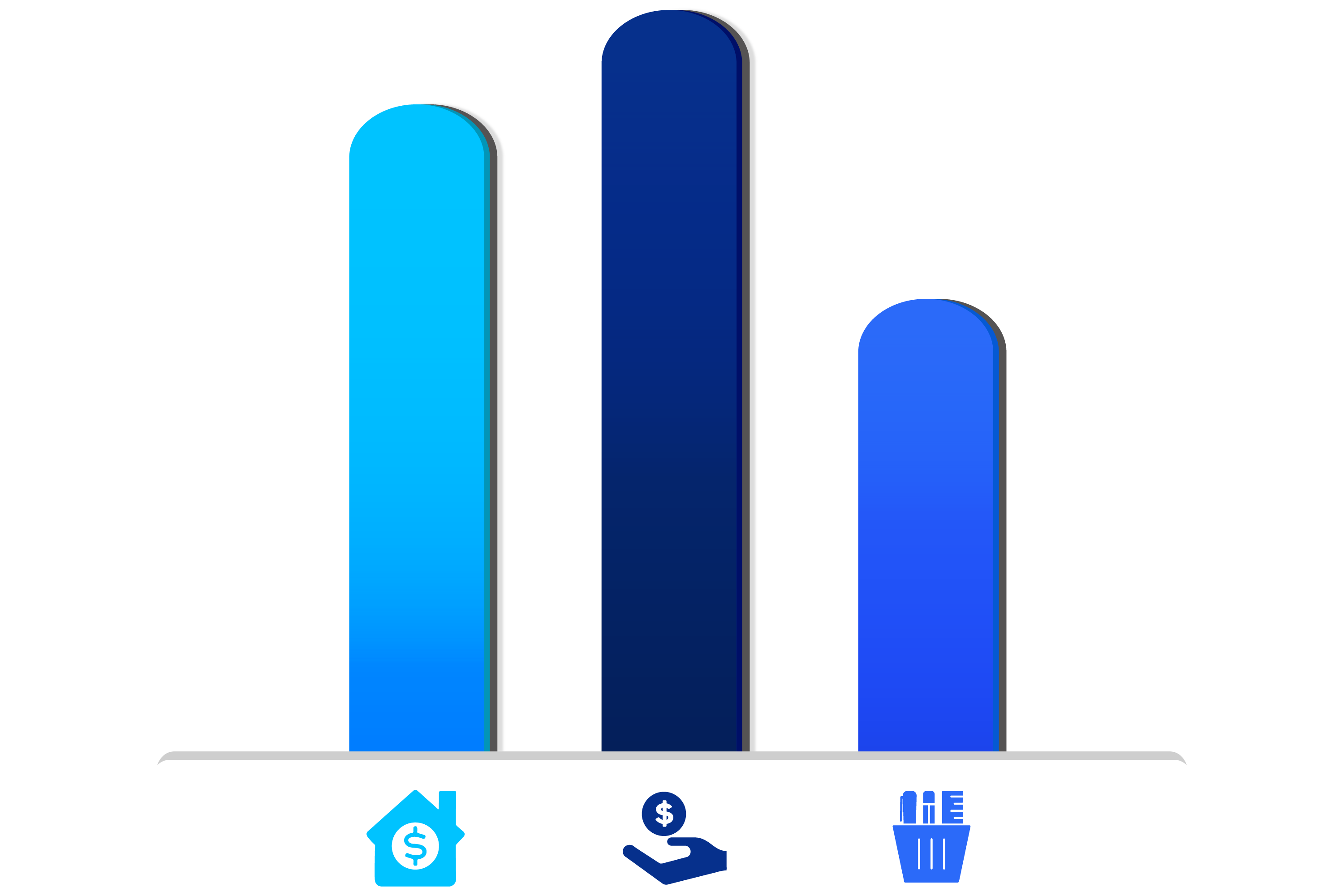Best Accounting Practices for Small Businesses in Egypt


Running a small business in Egypt comes with its own set of financial challenges. From managing day-to-day expenses to ensuring compliance with local regulations, small business owners need to adopt strong accounting practices to thrive in a competitive market. Proper financial management helps businesses stay organized, make informed decisions, and avoid costly mistakes. In this post, we’ll explore the best accounting practices for small businesses in Egypt to help ensure long-term success.

Accurate record-keeping is the foundation of good accounting. It involves keeping detailed and organized records of all financial transactions, such as sales, expenses, and payroll. For small businesses in Egypt, maintaining these records is not only crucial for internal management but also necessary for tax filing and compliance with Egyptian regulations.
Well-organized financial records enable small business owners to:
By adopting a diligent record-keeping system, small businesses can reduce errors, prevent financial mismanagement, and make more informed business decisions.

Managing cash flow is one of the most critical challenges for small businesses. Without a clear understanding of how much money is coming in and going out, businesses risk running into cash flow problems. Here are some essential tips to manage cash flow effectively:
By staying on top of your cash flow, you can avoid liquidity issues and ensure your business continues to run smoothly.

Creating a budget and forecasting your finances is essential for long-term planning. A well-structured budget helps you allocate resources effectively, manage expenses, and prepare for future growth.
Here’s how small businesses in Egypt can benefit from budgeting and financial forecasting:
Incorporating budgeting into your accounting practices ensures that your business is prepared for both short-term and long-term financial needs.

Technology has revolutionized the way small businesses manage their financial accounts. Accounting software has become an effective tool for simplifying bookkeeping, payroll management, and tax preparation, saving time and reducing the likelihood of errors.
However, it is important to emphasize that relying solely on technology is not sufficient. Even when using the best available software, there remains a critical need to engage certified accountants and financial consultants to ensure data accuracy and full compliance with Egyptian tax regulations. The combination of technology and human expertise provides the highest level of financial and tax security.
QuickBooks: A comprehensive platform for managing invoices, payroll, and generating precise financial reports.
Xero: A cloud-based program offering high flexibility to manage expenses and cash flow from anywhere.
Zoho Books: A cost-effective accounting solution with extensive features that help companies automate their bookkeeping and ensure compliance with local regulations.
👉 Key Advice: No matter what technology you use, always ensure you have an accounting expert by your side to provide professional guidance and analyze results, especially when handling complex tax matters or developing strategic financial plans.
By integrating modern technology with specialized accounting consultations, you create a more stable financial environment and protect your business from many potential risks.
While managing your business’s accounting, there are several common pitfalls that small businesses should be aware of. Here are some mistakes to avoid:
By avoiding these common mistakes, small businesses can improve their financial management and reduce the risk of errors or legal issues.

Small businesses in Egypt face unique financial challenges, but by adopting best accounting practices, they can navigate these challenges successfully. From accurate record-keeping and cash flow management to budgeting and technology solutions, these practices help ensure smooth financial operations and long-term growth. Avoiding common accounting mistakes further strengthens your business’s financial health, setting the foundation for success.
By focusing on these key areas, small businesses can stay compliant with local regulations, avoid costly mistakes, and position themselves for future growth in the competitive Egyptian market.

Last Update: Tue, Feb 3, 2026 3:14 PM
Total Views: 20475